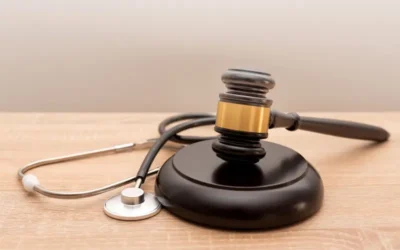When a personal injury/workers’ compensation claim is made, an insurance adjuster would review the applicant’s file to determine eligibility. There are certain key factors that would be taken into account in this regard.
Medical records and medical bills: These are among the first items the insurance adjuster would evaluate to arrive at the value of the claim. Usually, all treatments and services do not enjoy equal status. A lower value may be placed on a chiropractic service compared to that provided by say, a cardiologist. The adjuster’s effort will be to identify information that can justify the value of a claim via a comprehensive medical record review.
Liability: In a personal injury case, the insurance adjuster will be looking for proof that the insured is responsible for the claimant’s injuries. If no such evidence is available, the adjuster can always make a claim that the injured or a third party may be partially to blame.
The jury’s mindset: The insurance adjuster would also take into consideration whether the jury would be sympathetic to the injured person. On the other hand, the jury’s opinion of the insured person will also be reflected on. Other aspects that could have a negative impact on the insured are whether he/she was inebriated or under the influence of drugs at the time of the incident; whether he/she has a criminal history/bad litigation history; whether he/she has been earlier involved in some case.
Lost Income and Projected Income Loss in the Future: Another important consideration would be, the time the injured person lost from work on account of the injuries. The income and benefits lost during that period as well as the expected financial loss the injured may incur in the future will also be reviewed.
History of Medical Claims: A person who has multiple previous injury claims will surely be under the shadow of suspicion. Such claims are very likely to be reviewed as potentially fraudulent.
When the injury was first reported: An injury that is not reported immediately will also be considered skeptically. The injured not mentioning the reason for refusing treatment at the scene of the incident (if it so happened), not mentioning the accident/event to the first doctor he/she visits after the incident, etc. can serve to lower the value of the claim.




